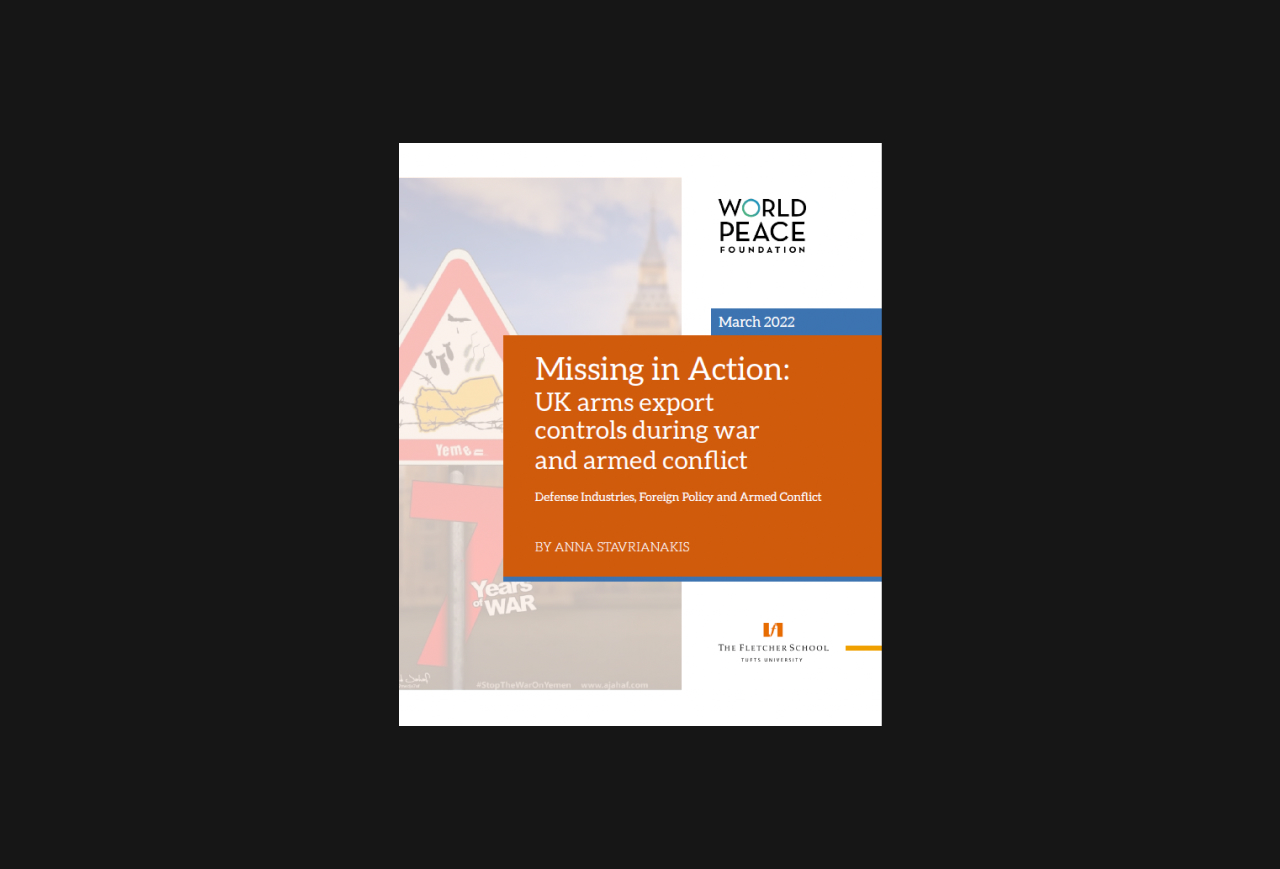In an interview with the editors of the World Politics Review (published April 5, 2017), Alex de Waal addresses relations between Saudi Arabia and Sudan. The editors introduced the interview by noting that:
Sudan and Saudi Arabia are currently holding a joint air force drill that reportedly involves hundreds of air force personnel from both countries. It is the first such drill since Sudan joined the Saudi-led coalition in Yemen in 2015. In an email interview, Alex de Waal, a Sudan expert and research professor at the Fletcher School of Law and Diplomacy at Tufts University, explains how ties have developed between the two countries and why both sides approach the relationship with caution.
WPR: Historically, what has been the nature of ties between Saudi Arabia and Sudan, and how have they evolved in recent years?
Alex de Waal: Sudan and Saudi Arabia have historically been close, trading across the Red Sea, and Sudan has been the principal transit point for African pilgrims en route to Mecca. The treaty demarcating the maritime boundary between the two, negotiated in the 1950s, is a model of cooperation.
In the 1970s and 80s, Saudi Arabia had very close political and financial ties to the Sudanese Muslim Brotherhood, while Sudanese expatriates provided a substantial part of the professional labor force in Saudi Arabia. Sudan was not only the recipient of extensive Saudi commercial investment, but Islamic banks capitalized by Saudi funds provided the resources for Sudanese Islamists to take a hegemonic position in Sudan’s political economy. Sudanese Islamism is unusual in its pluralism: Its leaders are ready to recognize the legitimacy of a range of Sunni, Shiite and Sufi forms of Islam, and while they are open to Wahhabis, they do not follow the Wahhabi line of refusing to tolerate other variant interpretations.
These links soured rapidly after 1990, when the Sudanese Islamist leader Hassan al-Turabi declared his support for Saddam Hussein’s invasion of Kuwait, hoping it would herald a wave of Islamic revolutions throughout the Middle East. Sudan hosted Osama bin Laden when he was barred from returning to Saudi Arabia shortly thereafter. Sudan also maintained strong political, financial and military ties with Iran throughout the 1990s.
Saudi Arabia was less hostile to Sudan’s president, Omar al-Bashir, but the Saudi leadership does not like him or trust him. Relations improved after the expulsion of bin Laden in 1996, the removal of al-Turabi as parliament speaker in 1999 and subsequent efforts to cooperate on counterterrorism and political normalization. Sudan has been heavily dependent on Saudi finance, including direct support, commercial investment and the income in hard currency provided by the remittances of several hundred thousand Sudanese working in Saudi Arabia, many of them in well-paid professional positions.
WPR: What does the recently announced joint air force drill suggest about security cooperation between the two countries, and how has that been affected by Sudan’s involvement in fighting in Yemen?
de Waal: Since 2001, Sudan has cooperated extensively with Saudi Arabia and other Gulf Cooperation Council countries in counterterrorism. Sudan’s active past involvement with al-Qaida and other jihadi groups, and its preference for not cutting ties with any group except under the most extreme circumstances, left it exceptionally well-placed to continue to monitor them. Sudan’s active role in support of the Arab military assistance to the Libyan revolution in 2011 cemented this cooperation.
In the last two years, Sudan has fallen in behind Saudi Arabia’s demand that it cut military and political ties with Tehran. But Sudan has also shown some independence in its own policies toward key Arab countries. For example, it maintains close ties with Qatar, and pursues its own policies in Libya. Other Arab countries are always suspicious of Sudanese intentions, but know that Sudan operates with skill and patience in pursuit of its interests in an exceptionally volatile neighborhood. A fair number of Sudanese security officers work in the service of the GCC member states, including Saudi Arabia. The simple fact that the Gulf leaders have extended personal familiarity with the Sudanese security elite means that they are comfortable dealing with them, and respect their skills.
Following the escalation of the civil war in Yemen in 2015, Sudan was the first and most effective African partner in the Saudi-led coalition. Sudanese experience with irregular warfare, demonstrated in Sudan and more recently in Libya, and readiness to take casualties, meant that its troops were valued as ground forces. Saudi Arabia has responded with appreciation and financial support, while at the same time maintaining a guarded distrust of Bashir and his coterie.
WPR: What do Riyadh and Khartoum stand to gain from increased ties, and does the relationship pose any risks?
de Waal: The links between the countries are at once tactical and enduring. Neither side has particular affection for the other, and neither trusts the other, and they cooperate when it is in their mutual advantage only. But they know one another sufficiently well, as individuals and governments, that they know there will be no surprises. Both can act in the mutual confidence that a close relationship will prevail for the time being—that is, as long as current circumstances persist.
Sudan’s immediate gain from closer ties is financial. It needs regular cash bailouts for its economy and for Bashir’s political budget, and it needs commercial investment and a free flow of remittances. Sudan also gains from being a valued member of the GCC, which increases its leverage with Egypt.
Saudi Arabia’s gain is that it can make use of Sudanese battlefield experience, and can secure part of its southern periphery from Iranian influence.
Both parties will handle the relationship with caution, expecting that it will fluctuate and may not last long.


